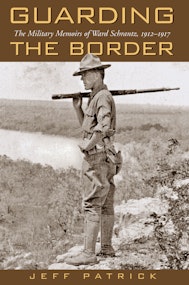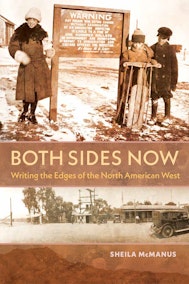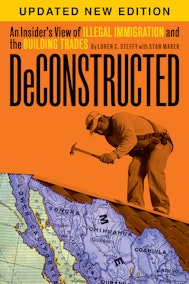
By Ben Masters
Published March 2019
Texas A&M University Press
978-1-62349-780-4 cloth $35.00

By Ben Masters
Published March 2019
Texas A&M University Press
978-1-62349-780-4 cloth $35.00

The Military Memoirs of the Ward Schrantz, 1912-1917
Published February 2009
Texas A&M University Press
978-1-60344-096-7 cloth $29.95

Writing the Edges of the North American West
Published May 2022
Texas A&M University Press
978-1-62349-999-0 hardcover (printed case) $47.00 s

The Conservation Legacy of the Santa Ana Land Grant
Published August 2015
Texas A&M University Press
978-1-62349-320-2 cloth $32.00

An Anthology
Edited by Brandon D Shuler, Robert Earl Johnson Jr. and Erika Garza-Johnson
Published March 2014
Texas A&M University Press
978-1-62349-124-6 cloth $45.00 x
978-1-62349-125-3 paperback

Murder and Intrigue on the Mexican Border
Governor Colquitt, President Wilson, and the Vergara Affair
Published June 2018
Texas A&M University Press
978-1-62349-584-8 hardcover (printed case) $40.00 s

Wildlife, People, and the Border Wall
Published October 2012
Texas A&M University Press
978-1-60344-743-0 flexbound $30.00

By Walt Davis and Isabel Davis
Published July 2018
Texas A&M University Press
978-1-62349-687-6 paperback $22.95

Music in the Big Bend
Published April 2022
Texas A&M University Press
978-1-62349-944-0 cloth $45.00

An Insider's View of Illegal Immigration and the Building Trades
By Loren C. Steffy and Stan Marek
Published May 2022
Stoney Creek Publishing Group
978-1-73683-901-0 paperback $16.95
978-1-73408-222-7 cloth